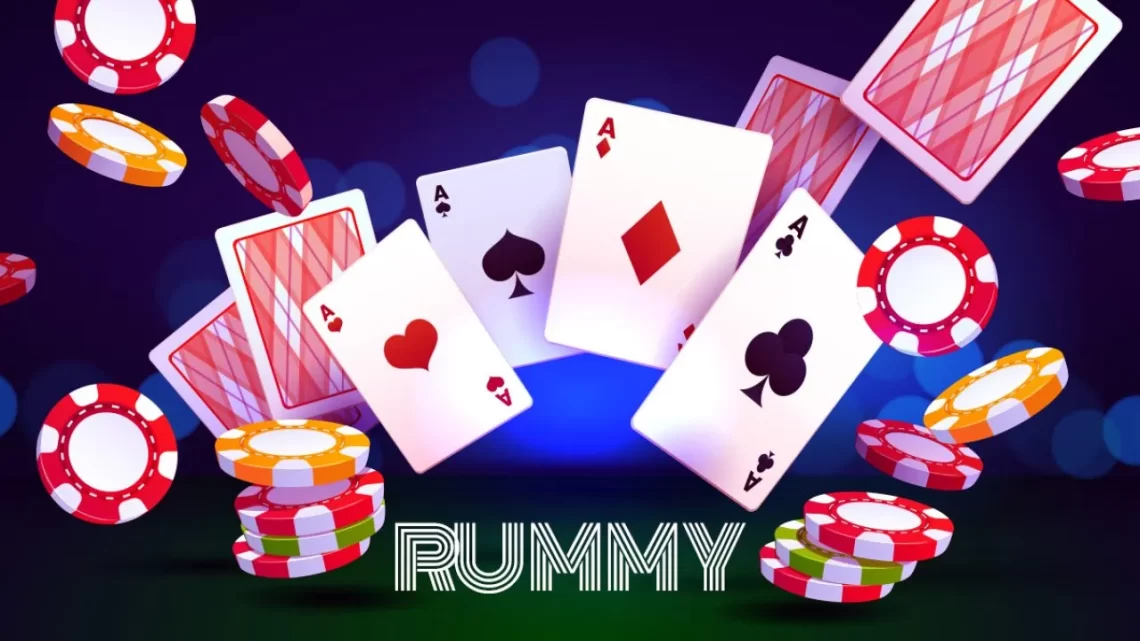
Discovering Rummy Variants Around the World
August 7, 2024Rummy is a card game played all over the globe. All variants have their own rules and unique characteristics, which make the game extremely adaptable.
All rummy games involve card melding, or grouping similar cards into sets and sequences of varying lengths; some also require special rules, like that sequences must be pure or jokers might be used.
Indian Rummy
Rummy is an intuitive, skill-based card game, which is a great way to exercise your brain. Regular playing of rummy helps sharpen your mind, increases your mental speed and stamina, is an excellent stress buster – (proven by courts too, which consider rummy an exclusively skill-based game and therefore not ‘gambling’ in nature) – and one which has been played in several cultures around the world since ancient times! (Who knows it may actually have ancient roots?) And rummy is part of many people’s lives across cultures even today.
Indian Rummy, a game for two to six players, uses a standard 52-card deck. Each player starts with 13 cards, and the aim is to arrange them into sequences and sets, or valid declarations; the first to do so all hand. A sequence must have at least three and no more than four consecutively suited cards; a set must consist of at least three and no more than four of a kind (no matching suits) – jokers can help form the required sequences, but they can’t stand in for high cards (nines, tens and picture cards) when making a set.
Burmese Rummy
The card game Burmese Rummy is played by creating ‘melds’ (three or more cards of the same rank or sequence, arranged into sets or runs), and players are looking to create ‘sets’ or ‘runs’ from their melds. In addition, a player can claim specified points at the end of a turn by holding an unbroken run in hand of exactly seven cards, or by combining multiple melds so that their turn ends successfully.
The first version of the game emerged in the very early 20th century, possibly based on card games such as American gin rummy and 500 rum that were already played. It’s possible that the name ‘rummy’ comes from British slang meaning queer or odd, or was a direct reference to a drink by that name.
Local varieties of Rummy adapt to local tastes and game culture, providing an experience that has clearly retained its zing from entry to exit, with unique rules and nuanced melding making the most of opportunities for shrewd play.
Tong-its
Tong-its is a popular Philippine three-player 12-card game that is part of Filipino culture and socialization. It is widely available for family entertainment and leisure time. It is full of skills and chances at the same time and is very entertaining and educational. 368 words.
Filipino (tonk, a variant of the American card game) and Chinese (mahjong, a tile game from China) cultural concepts are fused into a entertaining, educational game that shows in microcosm how the country’s two principal cultures have combined over their long cultural-exchange and adaptation history. Tonk is also a good civics teaching tool that reinforces community idealism – an ideal that the game helps to further.
What makes Tong-its unique compared to its Rummy cousins is that it is a strictly three-player game. Each non-Dealer gets 12 cards for a first deal, and the Dealer (she/he can be picked randomly by roll of die or draw of a card) gets 13 cards. If one Player calls Tong-it on the opening deal, he immediately pays out all stakes placed against him.
Contract Rummy
Rummy is a card game that has been popular world over. Different versions of it exist, with different rules and playing strategies, but the basics are the same. We at Rummy Passion provide online rummy game with all the major versions of this classic card game.
The play follows a very different tack in Contract Rummy, a partnered game that requires players to seek out matches of cards into groups and sequences of various numbers, interspersed with each deal’s contract, which grows increasingly difficult as the game goes on. Players win the game by laying out certain combinations of groups and sequences to advance to the next deal.
It uses a standard deck of playing cards and some way to keep score (we like Denexa 100% Plastic Playing Cards’ easy point-tracking). Shuffle up and deal! Whether you play this game to tease out some analytical fun or to spice up your next party, this game of strategic skill will twist your brain as you play!






